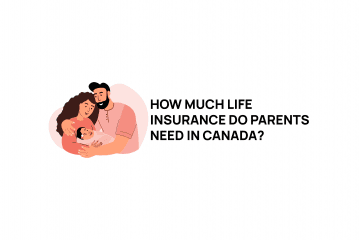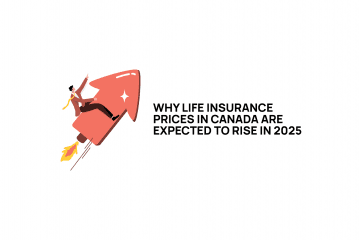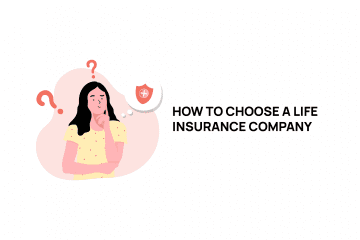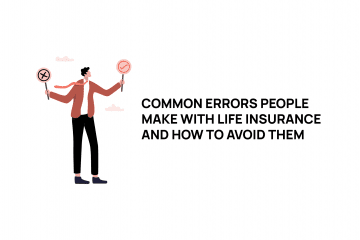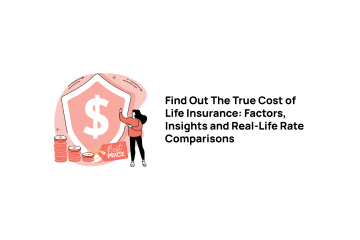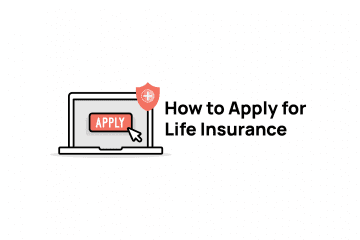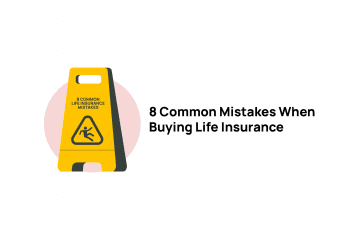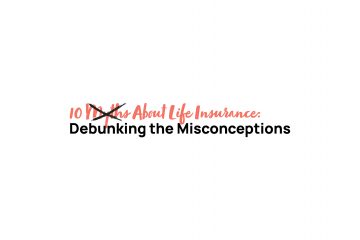You don’t actually need to complete a medical exam to purchase life insurance – no medical exam policies are available. However, where possible, we recommend that you do proceed with a medical exam for your life insurance.
Life insurance underwriting works on a policy of ‘buckets’. They have pricing and policy features for each bucket. The underwriters evaluate your insurability, including your medical history, and place you into the appropriate bucket. By reviewing your medical history resulting from a medical exam, they are able to place you into the bucket marked “healthy, no issues, and insurable” – and clearly that bucket is going to allow you to receive the lowest premiums with the most policy benefits, because that bucket of people will be low risk for the life insurance company.
Why You Should WANT To Take A Medical Exam
Medical exams are seen as intrusive and time consuming (see below, it’s not as bad as you think). So people want to avoid them. However, expanding on that bucket concept from above, the life insurance company will have a bucket of policies (conceptually) labelled ‘no medical exam taken’. Skipping the medical exam puts you into a bucket with other people who didn’t take a medical exam. Some of those people will be there because they’re uninsurable or heavily rated and thus decided to avoid any sort of medical examination. And what’s the result of that? When the company looks at a bucket with 1000 people in it who’ve avoided the medical examination, there’s going to be a high percentage of people at very high risk – and that comes with an associated higher premium and lower benefits, as the companies try to minimize their risks and payout. That’s why you want to avoid, where possible, no medical exam policies – they’ll put you in with high risk people, at a higher premium and lower benefits.
Or to put it the other way – your best path to the lowest premium and best benefits, is to take a medical exam as part of your policy application.
Just to be clear, there’s really no way for a life insurance company to offer you a full-featured policy with low premiums AND skip any medical information. The tradeoff is one or the other – document your medical history and receive low premiums and better policy benefits, or no medical history and pay with higher premiums and limited policy benefits. The marketing around no-medical exam policies focuses on the no-medical exam part, but as you can imagine, they don’t tend to push the fact that they come at the cost of higher premiums and limited benefits.
Medical Exams – Not As Bad As You Think
In years past medical exams had four components – a questionnaire, a blood test, a blood pressure test, and a urine test. A medical person would come to your home to complete these things, and it could take 45 minutes.
Today, a process like that would be rare. These days even a ‘medical exam’ policy consists of nothing more than a phone call from a paramedical person. The phone call consists of a series of questions designed to lay down your medical history. There’s no ‘test’ or right or wrong answer, it’s simply a matter of providing data. You can be relaxed and simply answer the questions in detail. And there’s rarely any request these days for anything further from you, i.e. blood and urine tests have mostly gone by the wayside.
So that’s it for a medical exam – a 20 minute phone call without any actual ‘test’ component and just a conversation about your history. That’s all that’s needed for most people to qualify themselves into the bucket of ‘people who’ve proven that they’re healthy and insurable’ and receive the least expensive policies with the most features.
When you should pass on the medical examination for your life insurance
No medical exam policies are best suited for people who can’t qualify for a regular policy, typically due to known medical concerns. But you should NOT simply assume that you have a medical condition that precludes you from a regular policy. Life insurance companies only care about how your medical history impacts mortality and consumers are notoriously incorrect when it comes to estimating how their medical history impacts their insurability. Here’s two examples:
1) No medical concerns, however they have a mole on their hand that they are having removed for cosmetic reasons. Answer: 100% uninsurable. Why? Because if you have outstanding investigations or surgeries, insurance companies will defer you until the procedure is complete. They would be told ‘decline, with reconsideration later’. Even though a consumer would be right to think that removing a mole on their hand amounts to a bandage over a stitch and sent home with a lollipop (and they’d be right), companies refuse to insure with outstanding medical procedures without regard to the severity of it – they simply wait until it’s done.
2) Heart disease, diabetes, and overweight, passed away 3 months after receiving their policy. Answer: Insurable for a full featured policy, though with additional premiums. The insurance company did a full investigation including ordering a doctor’s report and offered a policy. And the policy was paid out in full, with a cheque received less than a week after the claim was filed. Some no medical exam policies payout only due to accidental death in the first two years. If this person had taken the route of a no medical exam policy, they would potentially have not received any life insurance proceeds when they passed. Because they took the time to disclose their medical history, they received a full featured policy and one that paid their death benefits – which of course is the point behind the insurance.
Ultimately, if you think you have medical concerns that might impact your insurability, rather than deciding to go with a non-medical policy, you should instead consult with an advisor at Life Insurance Canada.com. We’ll have an experienced person (we’ve done this thousands of times) evaluate your condition, determine if there’s a company best suited for your condition, and in some cases even speak to an underwriter to get an initial estimate before you apply. That way you have a good idea of what the results are before you apply, and you still have the opportunity for a full featured policy. And in some cases, you may be pleasantly surprised to find out that the condition you thought would be a problem, actually isn’t.


